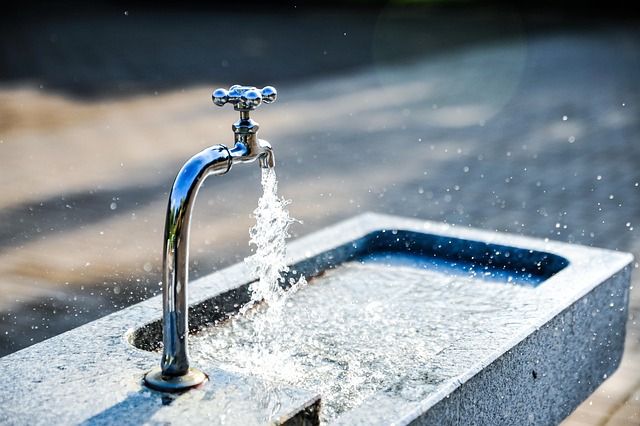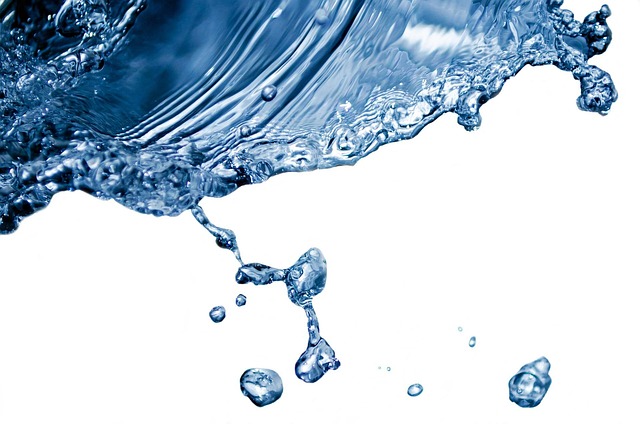Running full loads in appliances and adopting rainwater harvesting practices are key to maximizing energy efficiency and water conservation. By utilizing rainwater for gardening, flushing, and laundry, users reduce strain on municipal supplies and lower water bills. Prioritizing efficient appliances and strategic choices minimizes environmental impact and utility costs, fostering a greener lifestyle aligned with global sustainability goals.
In today’s quest for sustainable living, optimizing resource usage is paramount. One simple yet effective strategy is running full loads in appliances. This article delves into various aspects of this approach, exploring its benefits in multiple spheres: from rainwater harvesting – leveraging full-load cycles to maximize water collection – to energy efficiency and environmental conservation. By embracing full loads, we can contribute to a greener planet while reducing waste and cutting costs.
- Rainwater Harvesting: Full Loads, Not Partial Solutions
- Energy Efficiency: The Case for Full Appliance Loads
- Water Conservation: Maximize Rainwater Collection
- Appliance Choices: Prioritizing Full-Load Capable Devices
- Sustainable Living: Running Full Loads for Environmental Benefits
Rainwater Harvesting: Full Loads, Not Partial Solutions

Running full loads in appliances isn’t just about energy efficiency; it also extends to responsible water usage, especially through a practice known as rainwater harvesting. While some might opt for partial solutions like small-scale collection systems, true sustainability demands a more comprehensive approach. Rainwater harvesting at its most effective involves capturing and storing significant amounts of rainwater, which can then be used for various purposes, from gardening to, in some cases, even household chores.
However, merely installing a basic rainwater harvesting system isn’t enough. To maximize its benefits, it’s crucial to align these systems with full-load appliance usage. For instance, running a full load of laundry or dishes during a heavy rainfall period not only reduces water consumption from the grid but also makes the most of naturally available rainwater. This synergistic practice not only conserves resources but also strengthens the argument for a more holistic and sustainable lifestyle.
Energy Efficiency: The Case for Full Appliance Loads

Running appliances only with full loads is a simple yet powerful strategy to boost energy efficiency and reduce environmental impact. This approach significantly cuts down on unnecessary energy consumption, as many devices guzzle power even when idle or partially filled. Think of it like optimizing your rainwater harvesting system – capturing every drop counts!
In the context of modern households, this means washing machines and dishwashers operating at full capacity rather than running multiple smaller loads. This simple change can lead to substantial savings on energy bills. Moreover, it aligns with a broader trend towards sustainable living, encouraging folks to embrace efficient resource utilization, much like rainwater harvesting contributes to water conservation.
Water Conservation: Maximize Rainwater Collection

Running full loads in appliances not only maximizes energy efficiency but also significantly contributes to water conservation efforts. One effective strategy within this approach is rainwater harvesting, a practice that has gained popularity as an eco-friendly solution. By installing systems to collect and store rainwater from your roof, you can utilize this natural resource for various purposes, such as gardening, flushing toilets, and even washing clothes. This not only reduces the strain on municipal water supplies but also lowers your overall water bills.
Maximizing rainwater collection starts with ensuring proper drainage from your roof. Gutters and downspouts play a crucial role in diverting rainwater into storage tanks. These systems should be designed to capture as much water as possible without causing overflow or leakage. Additionally, using efficient appliances that require less water per cycle further enhances the benefits of rainwater harvesting, making it an excellent step towards sustainable living.
Appliance Choices: Prioritizing Full-Load Capable Devices

When it comes to appliances, making eco-conscious choices can significantly reduce your environmental impact and save money in the long run. One effective strategy is prioritizing devices that are designed for full-load capabilities. This means selecting washing machines, dishwashers, and dryers that are optimized to handle larger capacities during each cycle. Not only does this minimize the number of load runs, but it also cuts down on energy consumption per unit of laundry or cleaning.
For instance, consider rainwater harvesting systems integrated into your appliances. Many modern models incorporate water recycling features, ensuring every wash or clean utilizes the maximum available water from rainwater collection. This simple step can lead to substantial water conservation, reducing utility bills and minimizing strain on local water resources. By making these thoughtful appliance choices, you contribute to a more sustainable lifestyle while enjoying efficient, full-load capable devices.
Sustainable Living: Running Full Loads for Environmental Benefits

Adopting a sustainable lifestyle is easier than you think, and one simple change can make a significant impact on the environment – running full loads in appliances. This may seem like a small step, but it’s a powerful strategy to reduce energy consumption and minimize your carbon footprint. By ensuring your washing machine, dishwasher, or dryer are filled to capacity before use, you’re optimizing their efficiency.
This practice extends beyond electricity savings; it also encourages innovative solutions for sustainable living, such as rainwater harvesting. Collecting rainwater from your roof and utilizing it for various purposes, including laundry and gardening, reduces the strain on municipal water supplies. Combining these eco-friendly habits further contributes to a greener lifestyle, ensuring that everyday actions align with global sustainability goals.
